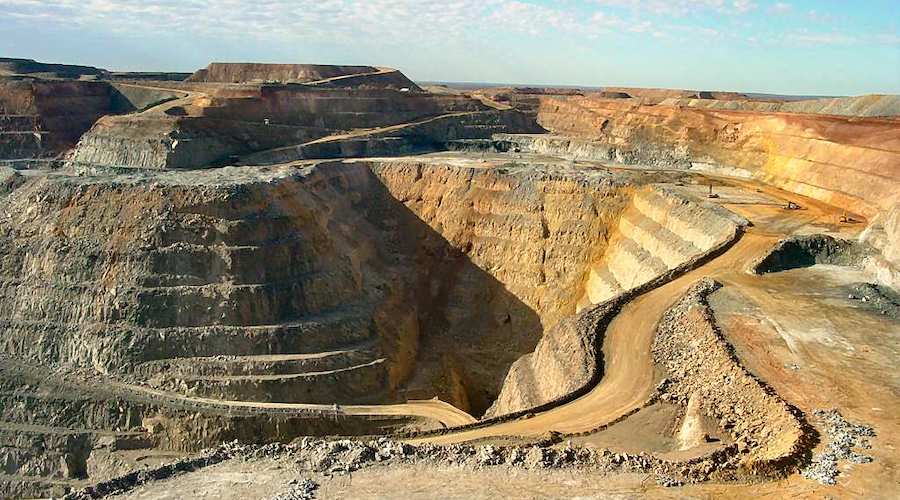Amid a prolonged slump in the prices of metals crucial for electric vehicle (EV) batteries, Australia’s ambitions to become a significant player in the global green transition have encountered obstacles. Several Australian nickel miners have recently announced the slowing or halting of operations due to weak prices. Additionally, a downgrade in the outlook for lithium led lenders to withdraw a $500 million loan for a planned project.
Analysts attribute this market correction to a cooling of the initial rush driven by the push for renewable energy, as well as more cautious forecasts for EV adoption. According to Justin Smirk, a senior economist at Westpac, while the growth in EV uptake has been strong, it has not met earlier expectations. Smirk believes that lower commodity prices could benefit the development of the EV market by spurring innovation, reducing costs, and ultimately increasing demand.
However, Australia faces significant challenges in the global market for these minerals. Factors such as high energy and labor costs, infrastructure needs, and China’s dominant role in processing critical minerals and manufacturing batteries pose hurdles for the country’s resource companies. In particular, Australia’s nickel industry is struggling to compete with Indonesia, which has cornered the market with government support and heavy Chinese investment.
Timothy Hoff, a mining analyst at Canaccord Genuity, noted that Australia’s nickel industry missed opportunities for investment in mine development and downstream processing, leaving it at a disadvantage in the current market. The lithium market is also experiencing a surplus, with global prices down approximately 80% on the year due to increased supply from various regions, including Australia.
Despite these challenges, Australia remains a key player in the global supply chain for lithium, cobalt, and rare earths, all essential for green technologies like EVs. In response to the industry’s struggles, Minister for Resources Madeleine King has met with major players in the sector to discuss possible government support. Initiatives being considered include infrastructure development and tax credits to bolster the local industry.
Efforts to increase transparency in the EV supply chain face hurdles, particularly regarding China’s dominance in processing and battery manufacturing. Brent McInnes, director of a geometallurgy center at Curtin University, highlighted the need for global cooperation to incentivize cleaner production through supply chain transparency.
Despite the current challenges, Smirk remains optimistic about the industry’s future, expecting many mothballed mines to resume operations when prices rise. He emphasized the importance of Australia ramping up renewable energy to support green and reliable downstream processing, urging swift action to maintain a competitive edge in the global market.
Australia’s government has already taken steps to support the industry, expanding a multibillion-dollar fund to finance critical mineral projects. However, the road ahead requires concerted efforts to address the challenges and capitalize on opportunities presented by the global green transition.
(Source: Nikkei Asia)









